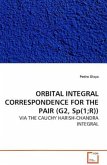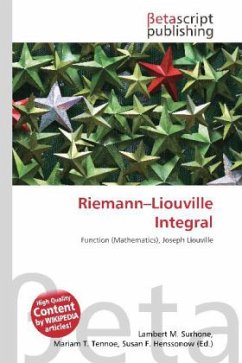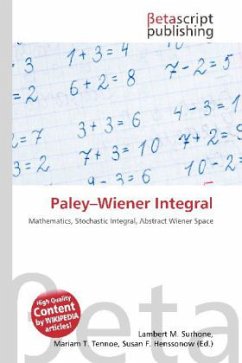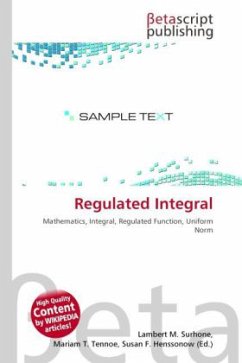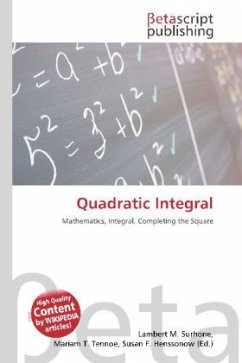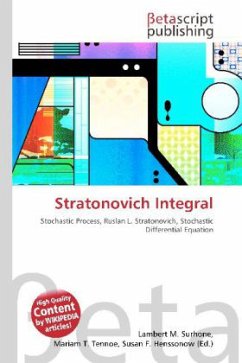Please note that the content of this book primarily consists of articles available from Wikipedia or other free sources online. In mathematics, an orbital integral is an integral transform that generalizes the spherical mean operator to homogeneous spaces. Instead of integrating over spheres, one integrates over generalized spheres: for a homogeneous space X = G/H, a generalized sphere centered at a point x0 is an orbit of the isotropy group of x0.A central problem of integral geometry is to reconstruct a function from knowledge of its orbital integrals. The Funk transform and Radon transform are two special cases. When G/K is a Riemannian symmetric space, the problem is trivial, since Mr (x) is the average value of over the generalized sphere of radius r, and f(x) = lim_{rto 0^+} M^rf(x). , When K is compact (but not necessarily symmetric), a similar trick works. The problem is more interesting when K is non-compact. The Radon transform, for example, is the orbital integral thatresults by taking G to be the Euclidean isometry group and K the isotropy group of a hyperplane.
Bitte wählen Sie Ihr Anliegen aus.
Rechnungen
Retourenschein anfordern
Bestellstatus
Storno


